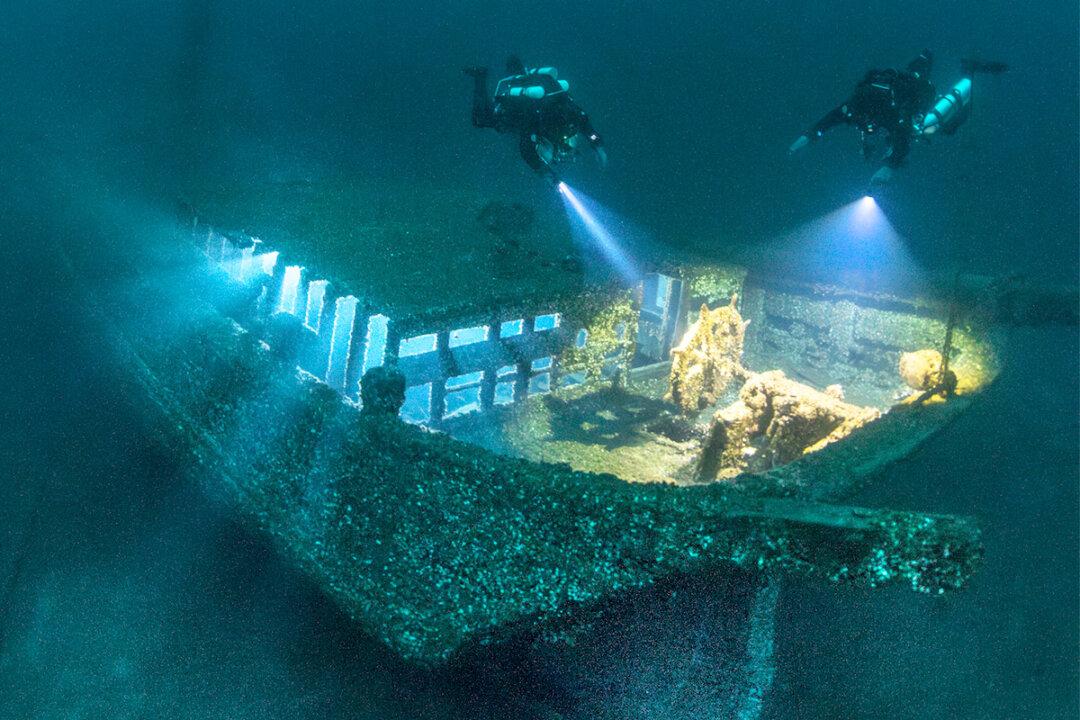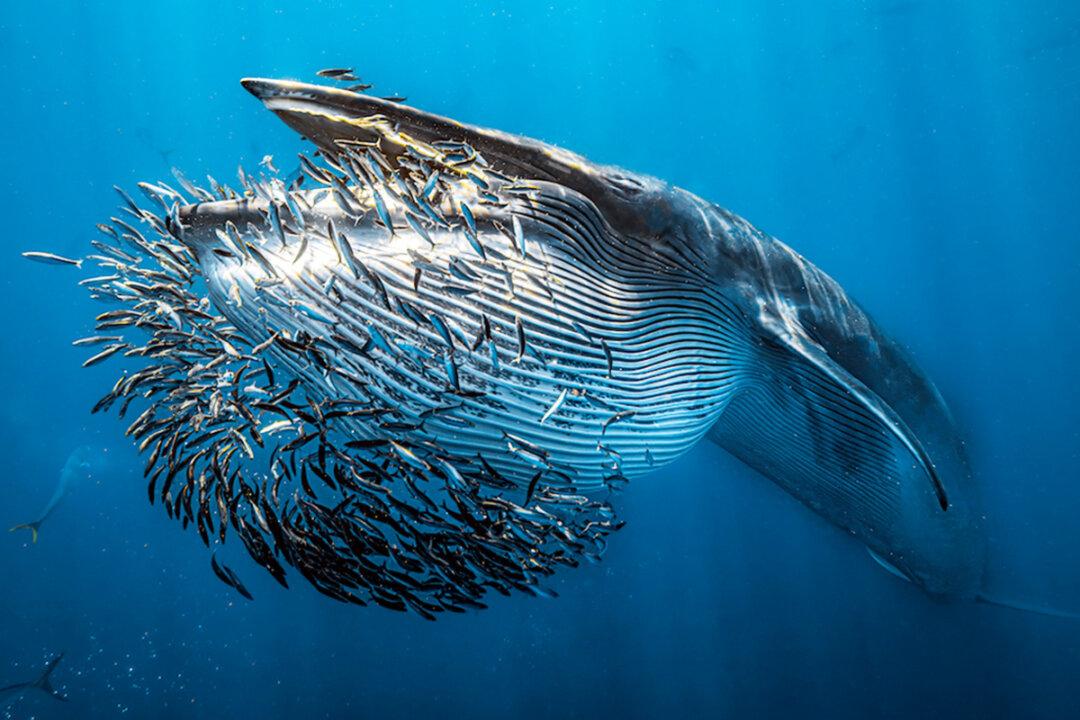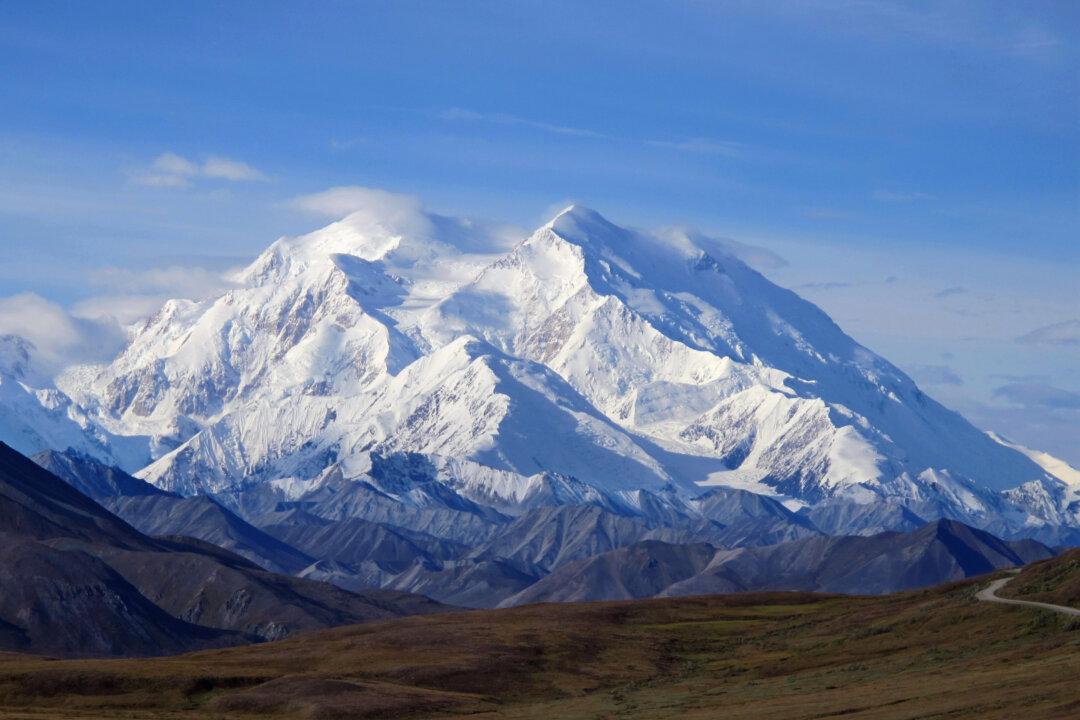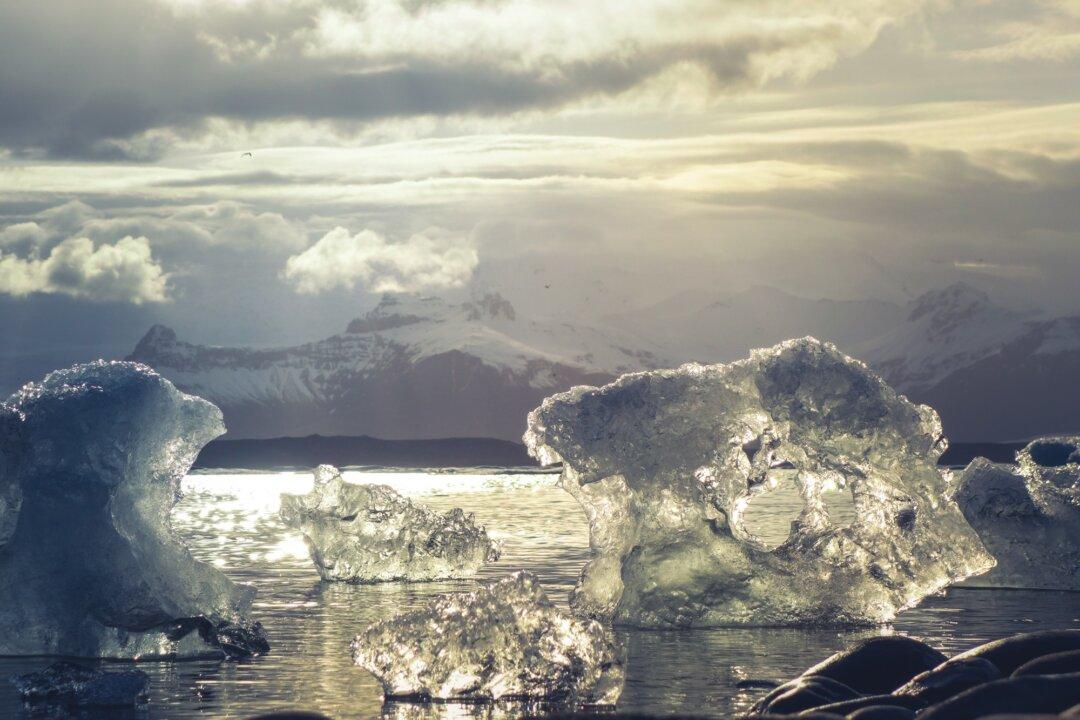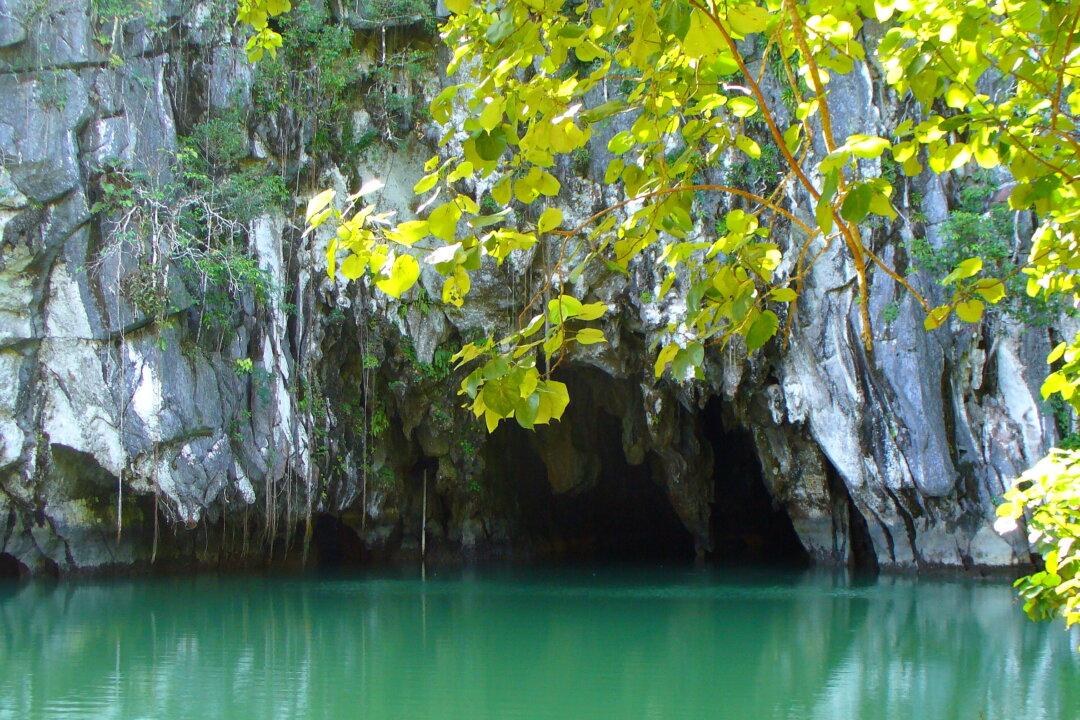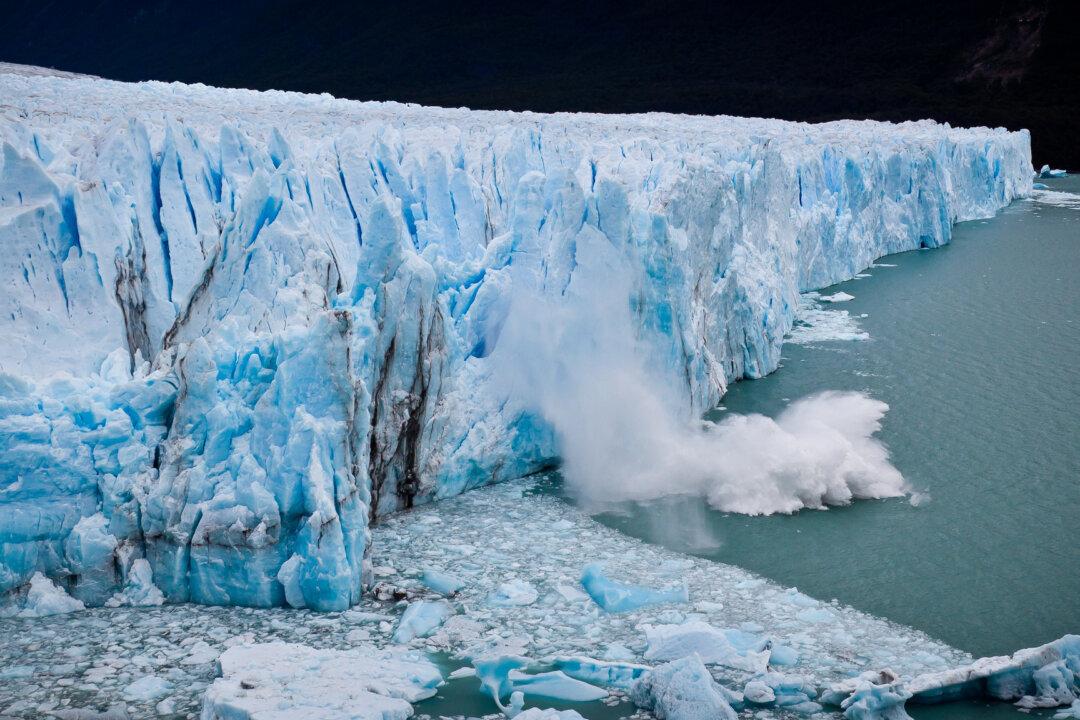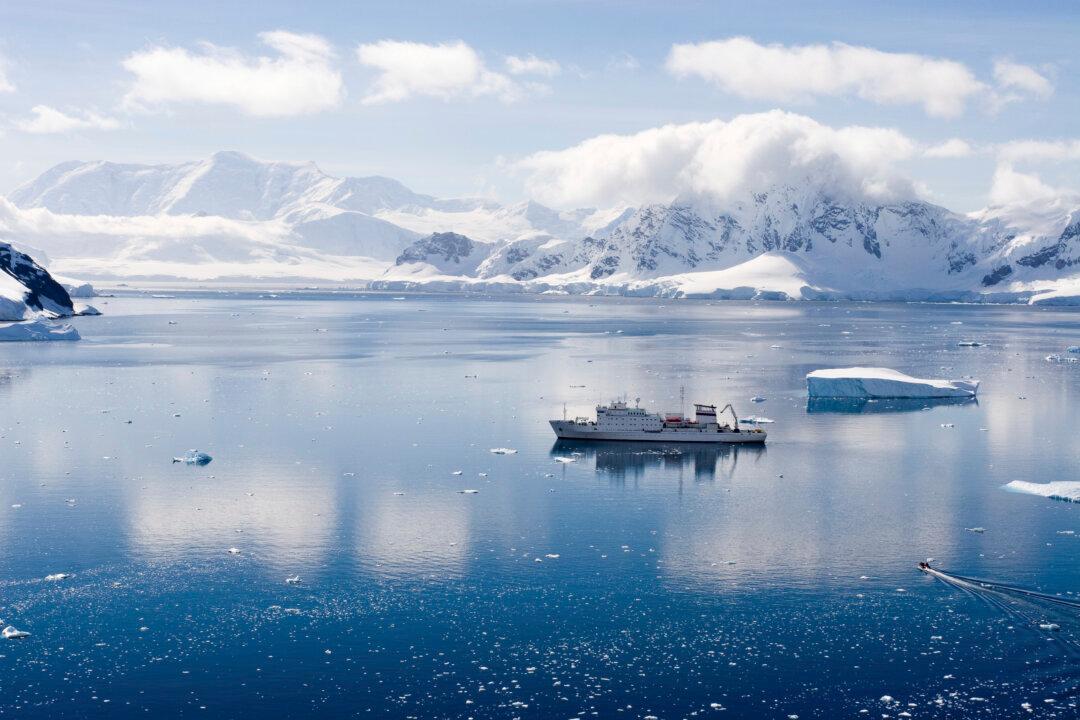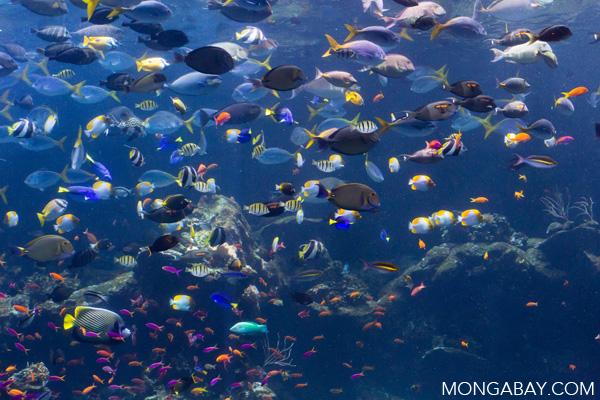Focus
oceans
LATEST
A 17-Year-Old Might Have Figured Out a Solution to the Ocean Trash Problem (Video)
There’s a potential solution for ocean pollution.
|
Mountains Erode Faster When Climate Changes
For the first time, researchers attempted to measure all the material leaving and entering a mountain range over more than a million years and discovered that erosion caused by glaciation during ice ages can, in the right circumstances, wear down mountains faster than plate tectonics can build them.
|
Pacific Coast Sees Spike in Methane Bubble Plumes
Warming ocean temperatures found a third of a mile below the surface, in a dark ocean where not much lives, may not draw much attention.
|
How Australia’s Biggest Dust Storm Went on to Green the Ocean
One proposed way of dealing with climate change includes fertilising the oceans with iron.
|
Can Ice Clouds Start With Particles From Sea Spray?
Materials in the thin film on the ocean’s surface may affect ice cloud formation and thus climate on a global scale, especially when other known ice-forming particles like mineral dust are scarce or absent.
|
This Cave May Hold Clues to Future Climate Change
A period of abrupt climate change 12,000 years ago occurred rapidly in northern latitudes but much more gradually in equatorial regions, report researchers.
|
Oceans May Be Facing a ‘Silent Spring,’ Biologist Warns
One of Canada’s top marine biologists is comparing the harm wrought by the accumulation of plastics in the world’s oceans to the warnings about the pesticide DDT in the famous 1962 book “Silent Spring.”
|
‘Icequake’ Sensors Track Tidewater Glacier Melt
Researchers for the first time have used seismic sensors to track meltwater flowing through glaciers and into the ocean, an essential step to understanding the future of the world’s largest glaciers as climate changes.
|
Plankton in Southern Ocean Brightens Clouds Above
To discover what gives clouds above the Southern Ocean their brightness, scientists took a close look at tiny drifting organisms in the sea below.
|
Will Animals Need ‘Oxygen Tanks’ as Oceans Warm?
Mountain climbers typically carry tanks of oxygen to help them reach the summit.
|
Survival in Hottest Sea May Be Death Trap for Coral
The success of corals that adapt to survive in the world’s hottest sea could actually contribute to their demise.
|
Ocean Contributes $2.5 Trillion to Economy Annually
A new study attempts to place a value of goods and services afforded by the ocean, estimating that if the planet’s seas were classified as a country, it would rank as the world’s seventh largest economy.
|
8.8 Million Tons of Plastic Pollute Oceans Every Year
Boobies, like albatrosses, can be forgiven for feeding plastic to their chicks, because they think it’s just another nourishing bounty from the sea.
|
A 17-Year-Old Might Have Figured Out a Solution to the Ocean Trash Problem (Video)
There’s a potential solution for ocean pollution.
|
Mountains Erode Faster When Climate Changes
For the first time, researchers attempted to measure all the material leaving and entering a mountain range over more than a million years and discovered that erosion caused by glaciation during ice ages can, in the right circumstances, wear down mountains faster than plate tectonics can build them.
|
Pacific Coast Sees Spike in Methane Bubble Plumes
Warming ocean temperatures found a third of a mile below the surface, in a dark ocean where not much lives, may not draw much attention.
|
How Australia’s Biggest Dust Storm Went on to Green the Ocean
One proposed way of dealing with climate change includes fertilising the oceans with iron.
|
Can Ice Clouds Start With Particles From Sea Spray?
Materials in the thin film on the ocean’s surface may affect ice cloud formation and thus climate on a global scale, especially when other known ice-forming particles like mineral dust are scarce or absent.
|
This Cave May Hold Clues to Future Climate Change
A period of abrupt climate change 12,000 years ago occurred rapidly in northern latitudes but much more gradually in equatorial regions, report researchers.
|
Oceans May Be Facing a ‘Silent Spring,’ Biologist Warns
One of Canada’s top marine biologists is comparing the harm wrought by the accumulation of plastics in the world’s oceans to the warnings about the pesticide DDT in the famous 1962 book “Silent Spring.”
|
‘Icequake’ Sensors Track Tidewater Glacier Melt
Researchers for the first time have used seismic sensors to track meltwater flowing through glaciers and into the ocean, an essential step to understanding the future of the world’s largest glaciers as climate changes.
|
Plankton in Southern Ocean Brightens Clouds Above
To discover what gives clouds above the Southern Ocean their brightness, scientists took a close look at tiny drifting organisms in the sea below.
|
Will Animals Need ‘Oxygen Tanks’ as Oceans Warm?
Mountain climbers typically carry tanks of oxygen to help them reach the summit.
|
Survival in Hottest Sea May Be Death Trap for Coral
The success of corals that adapt to survive in the world’s hottest sea could actually contribute to their demise.
|
Ocean Contributes $2.5 Trillion to Economy Annually
A new study attempts to place a value of goods and services afforded by the ocean, estimating that if the planet’s seas were classified as a country, it would rank as the world’s seventh largest economy.
|
8.8 Million Tons of Plastic Pollute Oceans Every Year
Boobies, like albatrosses, can be forgiven for feeding plastic to their chicks, because they think it’s just another nourishing bounty from the sea.
|

